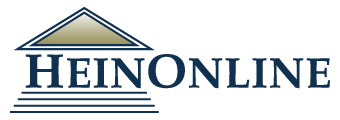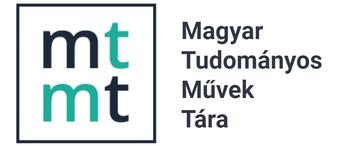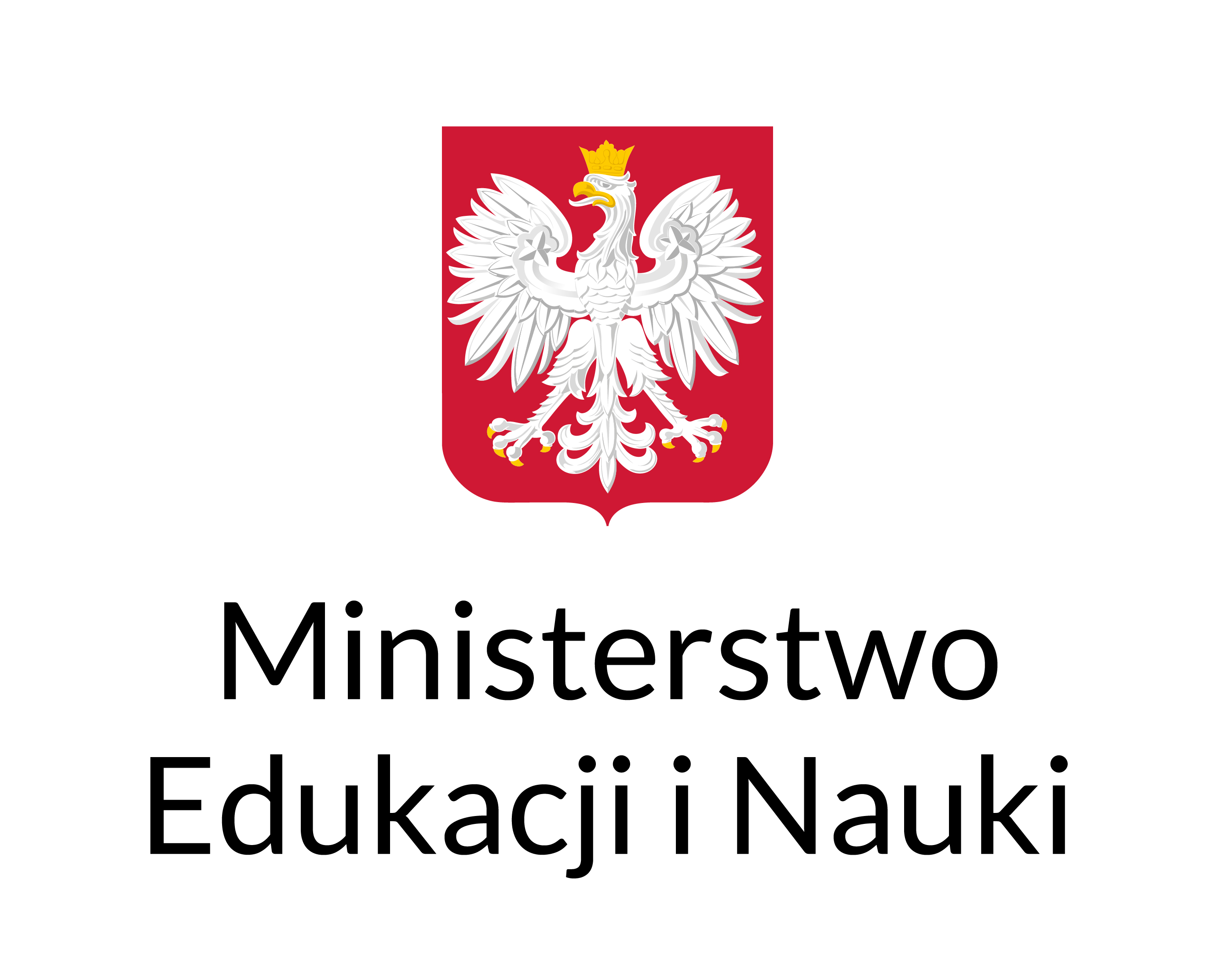Ranking of Legal Periodicals and Prerequisites for Academic Promotion in Serbian, Croatian, and Slovenian Law
Abstract
Scholars need to obtain a certain level of international recognition for academic progression. This is usually achieved by publishing articles in internationally recognized journals, books, and conference papers. The question is which journals should be considered of international relevance and how they should be ranked. For this purpose, a ranking system based on the Journal Citation Reports (JCR), combined with the leading research engine, the Web of Science (WoS), is used. While a ranking system based on the JCR is considered most suitable for natural and technical sciences, it has many shortcomings when considering social sciences and humanities, including legal science. This is observed when such a system is applied in countries that cannot claim to have a profound impact on the global development of legal thought and where scholarly legal production is almost exclusively conducted in the national language, such as in Central and Eastern European (CEE) countries.
This study analyzes the general laws and rules regarding the qualification of journals in Serbia, Croatia, and Slovenia, and special laws pertaining to social sciences, especially legal science. Although there are many points of interest regarding different situations in which the national laws on the qualification of journals gain importance, this study focuses on the relevance of these laws in terms of the promotion of legal scholars to positions of university lecturers. It analyzes the requirements for the promotion to a full professor of law. It concludes that the laws of the three countries, through different forms, managed to find a delicate balance between the requirement of publishing articles in internationally recognized journals and the characteristics of legal science as it is predominantly conducted in the national language and addressed to a domestic audience.
References
Curk, L. (2019) 'Implementation of the Evaluation of Researchers' Bibliographies in Slovenia', Procedia Computer Science, Vol. 146, pp. 72-83. https://doi.org/10.1016/j.procs.2019.01.082
Herceg Pakšić, B. (2019) 'U pravu i o pravu: stanje perspektive u polju pravo u Republici Hrvatskoj u svjetlu validacijskih normativnih uvjeta' [In law and About Law: The Situation and Perspectives in the Field of Law in the light of New Validation Normative Conditions in the Republic of Croatia], Zbornik Pravnog fakulteta Sveučilišta u Rijeci, 40(3), pp. 1053-1074. https://doi.org/10.30925/zpfsr.40.3.4
Hojnik, J. (2019) 'Evaluation of Academic Legal Publications in Slovenia' in: van Gestel, R., Lienhard, A. (eds.) Evaluating Academic Legal Research in Europe - The Advantage of Lagging Behind. Cheltenham, UK - Northampton, MA, USA: Edward Elgar Publishing, pp. 341-383. https://doi.org/10.4337/9781788115506.00017
Hojnik, J. (2021) 'What Shall I Compare Thee to? Legal Journals, Impact Citation and Peer Rankings' Legal Studies, Vol. 41, pp. 252-275; https://doi.org/10.1017/lst.2020.43.
Martinović, I. (2017) 'Kritika kvantitativnih metoda ocjene znanstvene djelatnosti (s posebnim osvrtom na kazneno parvo i prilike u Hrvatskoj) [Paths of Criticizing the Scientometrics Regarding of Some Needs of Criminal Law Theory and the Contemporary Croatian Research Policy] in: Ćirić, J., Breneselović, L. (eds.) Zbornik za percepciju naučnog rada i poznavanje rekvizita njegove ocene. Beograd: Institut za uporedno pravo, pp. 71-85.
Popovic, S., Pekovic S., Matic, R. (2019) 'Research Quality Evaluation in Social Sciences: The Case of Criteria on the Conditions and Requirements for Academic, https://doi.org/10.26773/mjssm.190908
Promotion in Serbia, Slovenia and Montenegro', Montenegrin Journal of Sports Science Medicine, 8(2), pp. 55-62; https://doi.org/10.26773/mjssm.190908.












